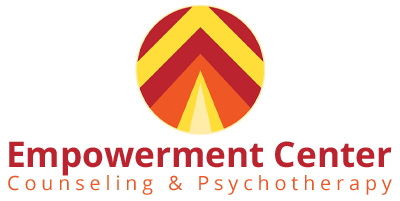How to Tell When You’re Feeling Burned Out

Many people think of burnout as simply being incredibly tired after a long week or month of work or school studies. But burnout is much more than a physical exhaustion; it has in fact been called the “triad of depersonalization, emotional exhaustion, and feelings of detachment.”
Here are some additional signs of burnout:
Pessimism
Pessimism is a major red flag that someone is experiencing burnout. And they won’t just feel pessimistic about whatever it is that is causing them big stress (job, school, relationship), they will feel pessimistic about life in general, as if looking through a cloudier lens. This could be linked with feelings of irritability, sadness, and even hopelessness.
Sleep Issues
Burnout makes it incredibly hard to get a good night’s rest. Either a person finds it hard to fall asleep, lying there wide awake for hours, or they fall asleep but then wake up throughout the night. When we don’t get enough quality sleep, it makes it difficult to cope with stress, which makes it hard to sleep, and the vicious cycle continues. Sleep is the foundation for all mental and physical health, so this could impact feelings of pessimism mentioned above.
Sudden Physical Ailments
A major sign of burnout is suddenly experiencing physical symptoms that you never have before. For instance, many of my clients, with no prior history of GI upset or headaches, will begin to have chronic issues.
How do you address burn out?
Recognize It
Be sure to check in with yourself periodically. Take personal inventory- mentally, physically and spiritually. How are you feeling? Any changes? If you notice the symptoms mentioned above, you may be experiencing burn out, which often mirrors depression.
Give Yourself a Break
This isn’t always easy with busy schedules and responsibility to others, but even 5 intentional minutes a day can make a difference. Take this time to use mindfulness and grounding exercises, connect with yourself and your supports, get physical (take a walk, shake it out, etc). Start planning time away from stressful obligations and tasks to supplement with any activities that bring you fulfillment.
Use Supports
Connect with loved ones and avoid isolating from others. Connect with a mental health professional.
Burnout shouldn’t be taken lightly. You shouldn’t try to ‘tough it out’ and get on with things. Now is the time to make your mental health a priority. If you would like to speak with someone about what has been bothering you, feel free to reach out to me.
Sources:
https://www.everydayhealth.com/burnout/unusual-signs-of-burnout/
https://positivepsychology.com/burnout/
https://www.psychologytoday.com/us/basics/burnout

